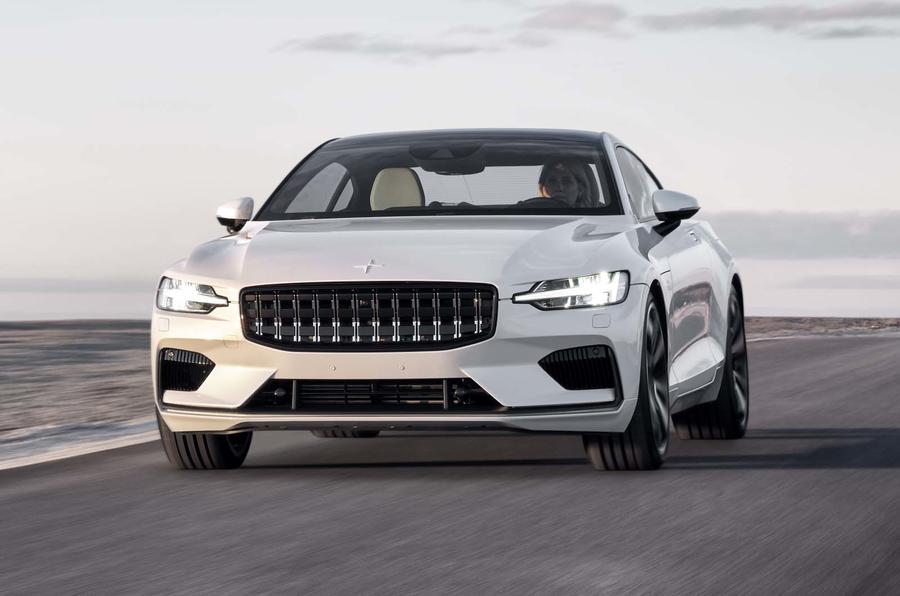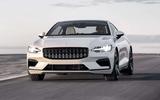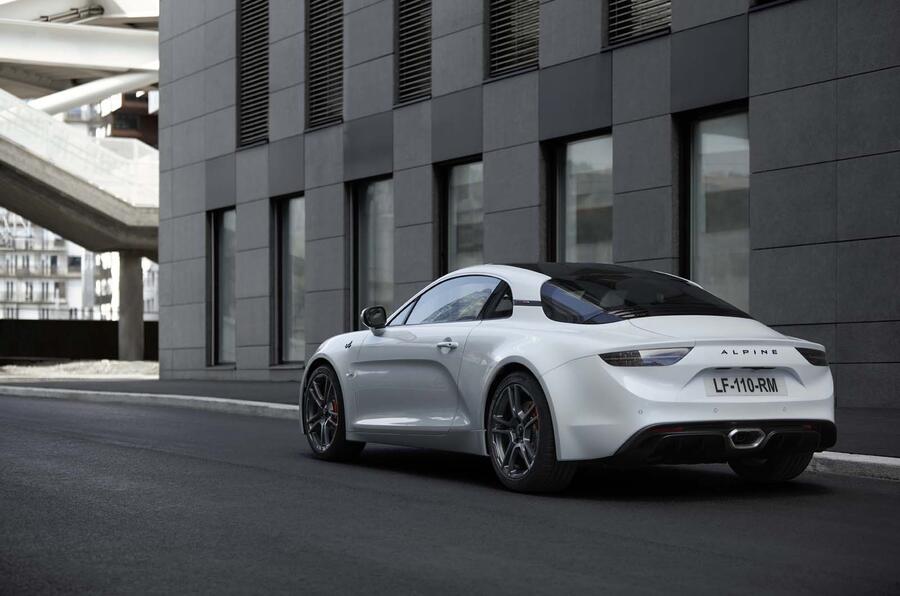Melting into a crowd is not a fate likely to befall the Polestar 1 – unless the crowd is full of delightfully wacky turbocharged, supercharged and electrified £140,000 coupés with rally-style suspension. Which seems unlikely.
But not all cars can be so bonkers. Not even all Polestars, which will, in future, all be battery-only EVs. So in conversation with Polestar designer Max Missoni, and some other designers and engineers recently, I’ve asked the question: when a car doesn’t have an internal combustion engine – which is something that defines so much of the driving experience, especially for performance cars – what becomes the great differentiator?
Answer: it depends who you ask. Generally accepted, it won’t be the powertrain. Yes, there are different types of electric motor and you can put them in different places. But the whoosh and noise, or absence thereof, is much the same. They’re fun, but not so different from one another.
EV hardware is uniformly heavy and takes up a lot of room, so battery packs tend to go in the same place, low in the car, which means it’s harder to differentiate ride and handling. The Jaguar I-Pace is a sportier drive than an Audi E-tron, of a fashion. But they’re more alike than an Jaguar F-Pace and a Audi Q5, or an Jaguar XJ and Audi A8.
So if cars drive much the same, and the efficiencies are much the same, and smartphone mirroring means everyone has a full complement of infotainment, with legislation taking care of the rest of a car’s equipment… then, well, what’s left to make the difference? Why should you buy one car over another?
Is it image? Price? Why should they matter, if things are so similar? At this point, perhaps badge snobbery finally disappears. Perhaps.
Or perhaps design becomes the great differentiator.
For many buyers, it already is. I remember being told the primary reason that 60% of buyers said they chose a particular Audi (a mid-2000s Audi A4 Avant, I think) was because they liked the look of it. Which might explain why Audi went on to make all its cars look like that.












Join the debate
Add your comment
Are engines a distinguishing factor?
I read an interview with Dr. Zetsche when he retired from Daimler where he stated that the engine is not a differentiator any more, but also battery electric vehicles will redefine the performance segment.
He stated that the MBUX system creates a lot more excitement.
Good
Speed And Cool <3 i love that car
Mikrokontroler
Well I completetly agree,
Well I completetly agree, Matt.
The engine is the heart of the car. Give all cars essentially the same heart and you are quickly at a point where the distiguishing factors are just the superficial jewellry.
But then I think cars as a subject of interest and passion are much closer to the end than is recognised. They are, as you suggest, becomming 'white goods', to be used and disposed of when broken.
To those who disagree, where is the EV that anyone actually cares about beyond a stat? The one that will be a future classic? The beauty? Or the one that brings joy?
Nope. People said that about their horse
Combustion engines and gearboxes were a stepping stone between the 19th century and the 21st century.
By the time they’re adults, today’s kids will look on that disgusting, dirty and climate changing technology much the same as we do today on smoking tobacco.
Robbo